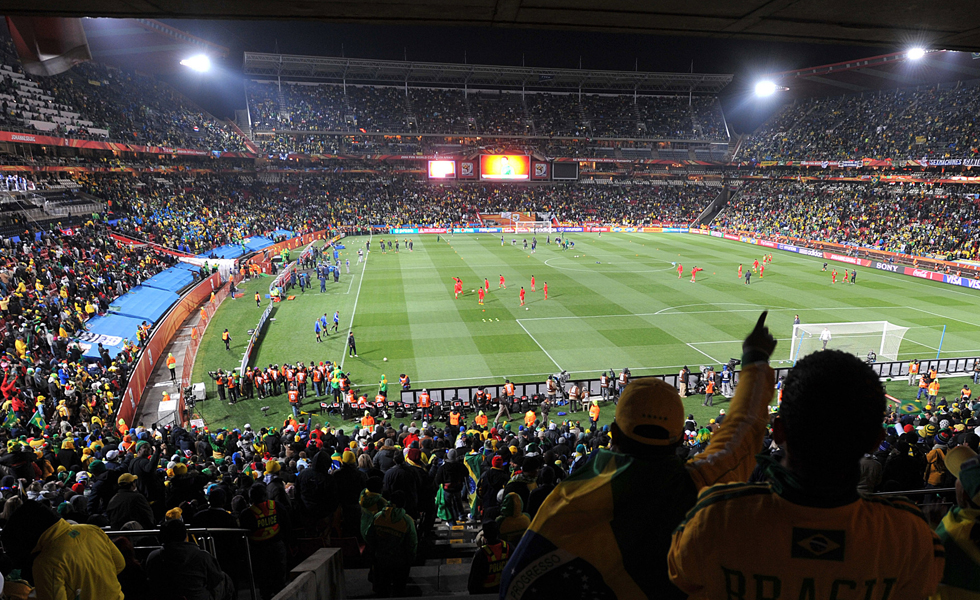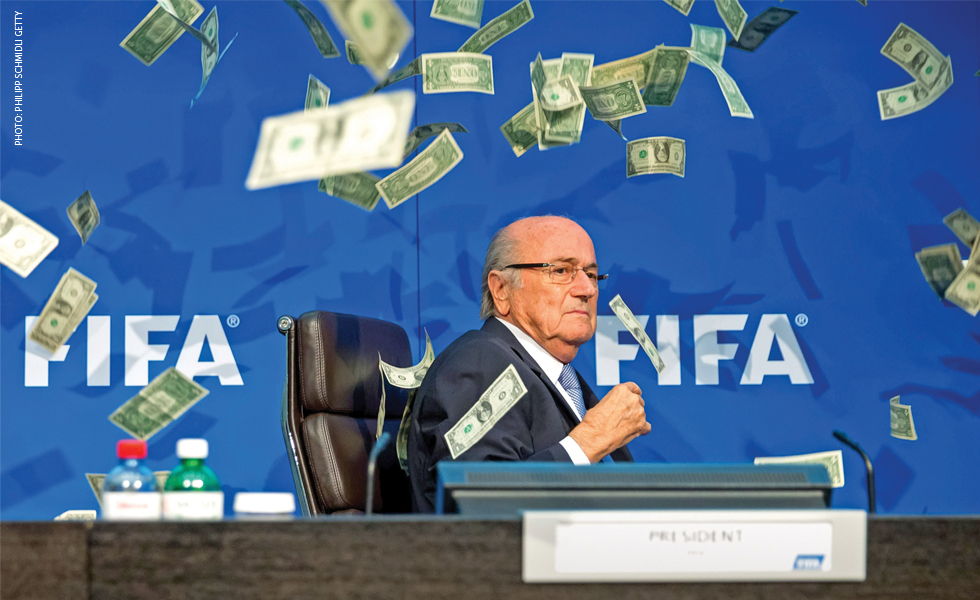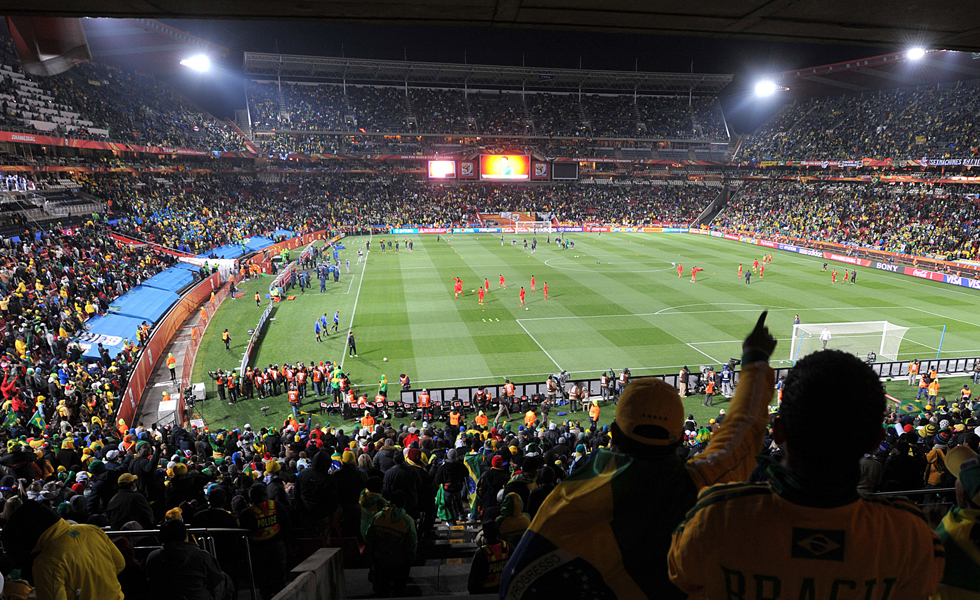
Reports of corruption have dogged FIFA and the IAAF in recent months, so with high profile sporting events – namely the Olympics and Euro 2016 – taking place this year, what stance should sponsors take?

Sports marketers have plenty to look forward to this year, but ample reason for concern too. The UEFA Euro 2016 football tournament in France and the Rio Olympics both offer brands huge opportunity to reach diverse and engaged global audiences, but they will take place against an unprecedented backdrop of scandal and claims of corruption at the highest levels.
These challenges should prompt sponsors to tread carefully with their communications strategies. While the default stance for most brands is to remain silent in the face of a scandal, events have escalated to the point where sponsors are speaking up and playing a more active role in the politics of sport.
Sponsors call for change
Last May, Visa threatened to “reassess” its sponsorship of the World Cup if FIFA did not “take swift and immediate steps” to address the issues within its organisation. Meanwhile, Coca-Cola said it had “repeatedly expressed” its concerns about the serious allegations and expects FIFA to “continue to address” the problem as it has “tarnished the mission and ideals of the FIFA World Cup”.
The two brands, together with sponsors McDonald’s and Budweiser, took further action in October when they called for FIFA president Sepp Blatter to resign.
This drastic intervention followed a tawdry period for FIFA in which Swiss authorities arrested 14 officials on corruption charges and opened criminal proceedings into the awarding of the 2018 and 2022 World Cups to host nations Russia and Qatar. The scandal continued last month when Blatter and UEFA president Michel Platini were banned for eight years from all football-related activities after a FIFA ethics committee investigation into a payment of 2 million Swiss francs (£1.4m) by Blatter to Platini. Both plan to appeal.
Claims of systemic wrongdoing at FIFA have rumbled on for decades, but the scale of last year’s allegations and arrests prompted the sponsors to call for an overhaul of the organisation. In a statement, Coca-Cola said: “Every day that passes, the image and reputation of FIFA continues to tarnish. FIFA needs comprehensive and urgent reform.”
The question for brands using sporting events as a marketing vehicle is whether this action was a one-off born of extreme circumstances, or whether it signifies a new approach to sponsorship in which brands must act to bolster trust in increasingly damaged sports.

Sponsors contribute $1.63bn (£1.12bn) – around 28.5% – of FIFA’s revenues every four years, so their intervention was seen as a major blow to Blatter’s position. It may even have influenced the FIFA ethics committee’s decision to ban him two months later.
Coca-Cola, McDonald’s and Visa are also worldwide partners of Rio 2016, so they could take similar steps to make their voices heard in athletics. The sport is grappling with the biggest scandal in its history after senior figures from the International Association of Athletics Federations (IAAF), including former president Lamine Diack, were arrested last November on suspicion of accepting bribes to protect Russian athletes who had failed drugs tests. A few days later, the World Anti-Doping Agency published a report accusing Russia of running a huge state-sponsored doping programme.
New IAAF president Sebastian Coe has pledged to restore trust in the sport but as investigations are ongoing it will be challenging, especially as one of his aides was implicated in the alleged cover-up in December. Lord Coe also reluctantly stepped down from his role as a paid ambassador of sportswear giant Nike after criticism that it created a conflict of interest. He said at a press conference that the “current noise” was not good for Nike or the IAAF.





